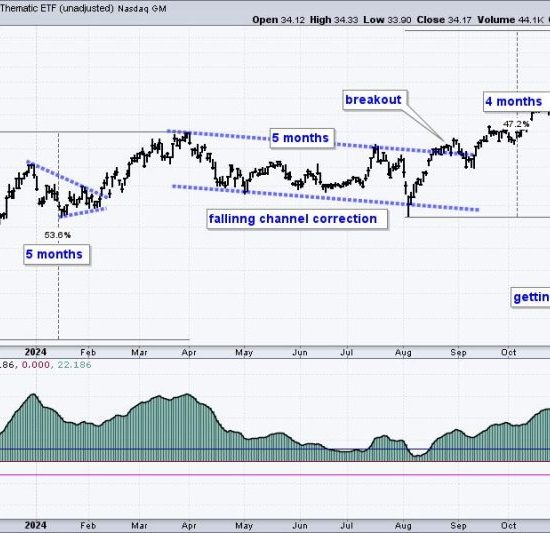Carvana Co. (CVNA) is a leading online used car retailer that has been significantly growing in the stock market recently. Founded in 2012 as an online automobile buying and selling platform, Carvana has since matured into a household name in the United States through its distinctive online-only business model. As the stock gains momentum, this article seeks to analyze the reasons behind this rapid surge, and what it means for potential investors.
Primarily, Carvana’s resilience and robust performance amid the ongoing Covid-19 pandemic have considerably contributed to the bullish sentiments around its stock. Despite the downturn in the automotive sector attributed to the aftermath of the pandemic, Carvana managed to capitalize on the shift towards e-commerce. With individuals turning towards online platforms due to social distancing norms, Carvana’s user-friendly online marketplace for buying and selling used cars experienced significant traffic.
Carvana has pioneered the online car buying and selling process, resulting in an average 20-minute online checkout time followed by either delivery right to the buyer’s door or pickup at one of their signature car vending machines. This innovative approach and convenience for consumers have forged a strong brand name among its customer base.
The company’s financial results demonstrate a strong growth trajectory as well. Carvana’s top-line growth is particularly impressive, with the company posting a revenue number of $5.59 billion in 2020, a 42% increase compared to the previous fiscal year. This growth is expected to continue as analysts predict double-digit revenue growth for the next few years. Furthermore, according to Carvana’s second-quarter report, the firm posted its first-ever quarterly profit, another promising signal for investors.
However, potential investors should also consider the risks associated with a growth stock like Carvana. Firstly, although the company’s growth story has been impressive, it has not yet proven its ability to generate sustained profits. Additionally, CVNA’s financial health remains a concern with the company operating at a net loss while carrying a significant amount of debt.
Moreover, Carvana’s stock is considered expensive relative to its earnings with its current price-to-sales ratio being quite high. That being said, growth stocks tend to carry a high valuation due to the anticipation of high future earnings growth. A keen investor would be wise to consider this when making an investment decision.
Furthermore, the highly competitive landscape of the used-car industry could potentially pose threats. Although Carvana has carved out a significant niche with its unique business model, once established automotive retailers develop comparable online platforms or e-commerce capabilities, Carvana may witness a challenging environment.
Regardless, it’s worth noting that Carvana’s market share is still small compared to the total size of the used car market in the U.S, implying ample opportunity for further growth.
In conclusion, prospective investors looking at Carvana’s stock should consider both the company’s recent impressive performance and potential risks. While the company’s robust growth story and potential for future expansion make it an attractive stock, its relatively high valuation and financial health may be topics for consideration for a potential investor. Therefore, as with all investments, comprehensive research and judicious consideration of risk and reward are critical before stepping onto the Carvana wagon.




